News
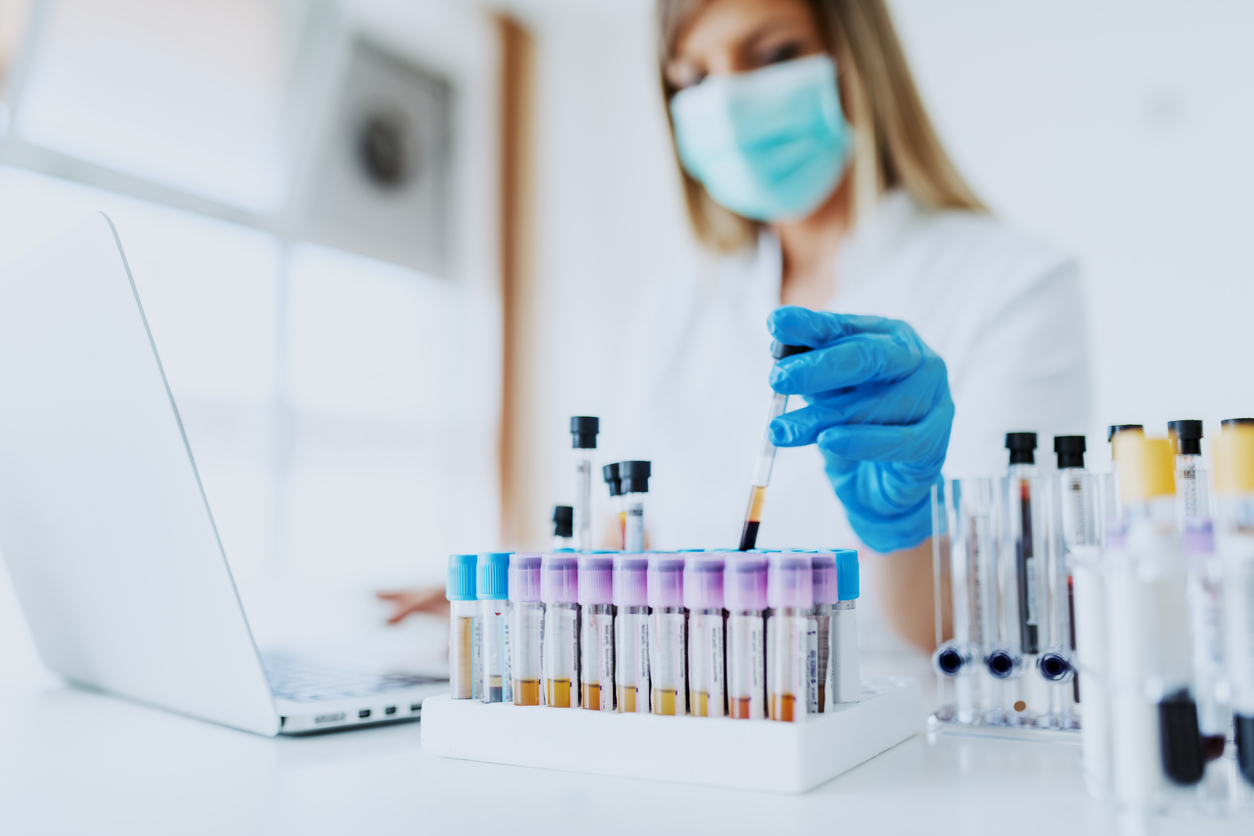
New drug inhibits the growth of cancer cells
A newly developed compound starves cancer cells by attacking their "power plants" - the so-called mitochondria. The new compound prevents the genetic information within mitochondria from being read.
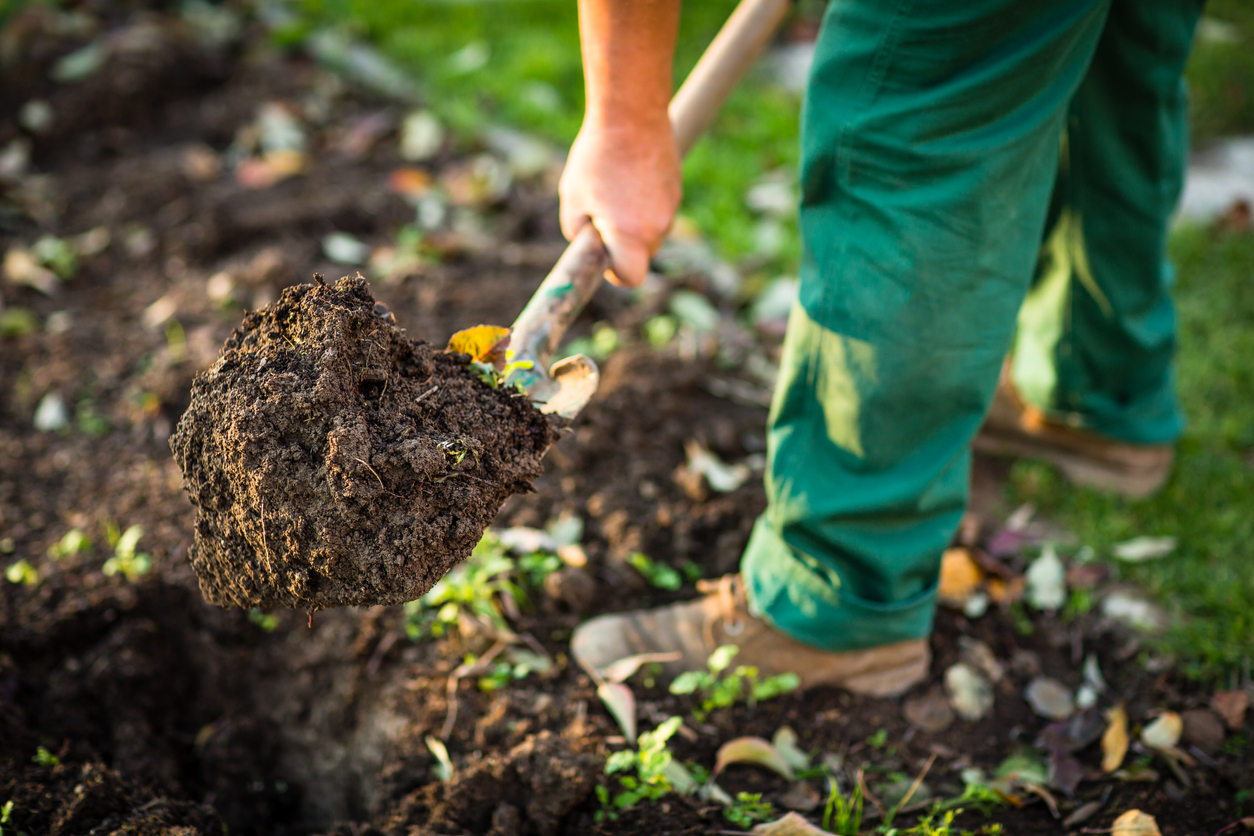
An Action Plan for Greener Prisons
A new report published by the Sustainable Food Trust’s Harmony Project recommends that prisons in the UK should provide more opportunities for inmates to connect with the natural world with the goal of improving the wellbeing of staff and prisoners and supporting rehabilitation.
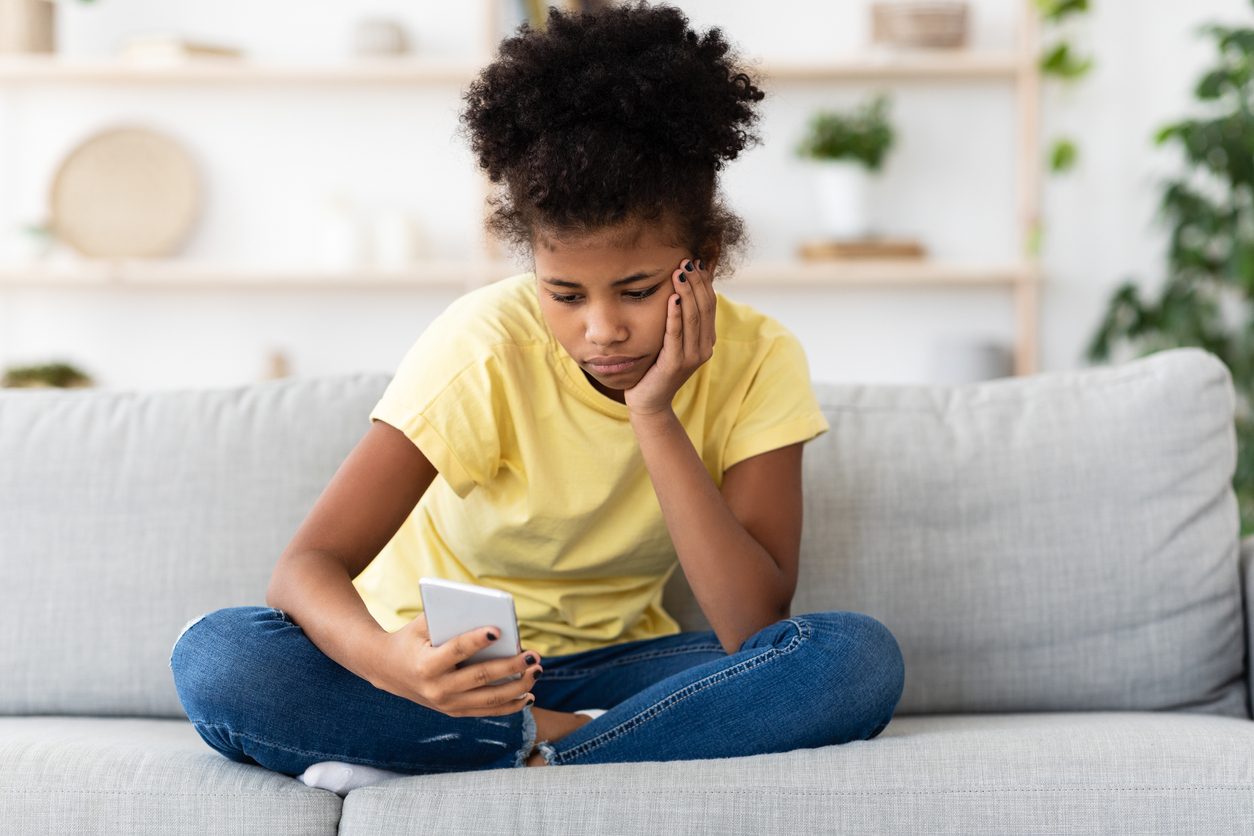
More Social Media, More Depression
Young adults who spend hours a day on social media are at heightened risk of developing depression in the near future, new research suggests. In recent years, a number of studies have linked heavy social media use to an increased risk of depression.
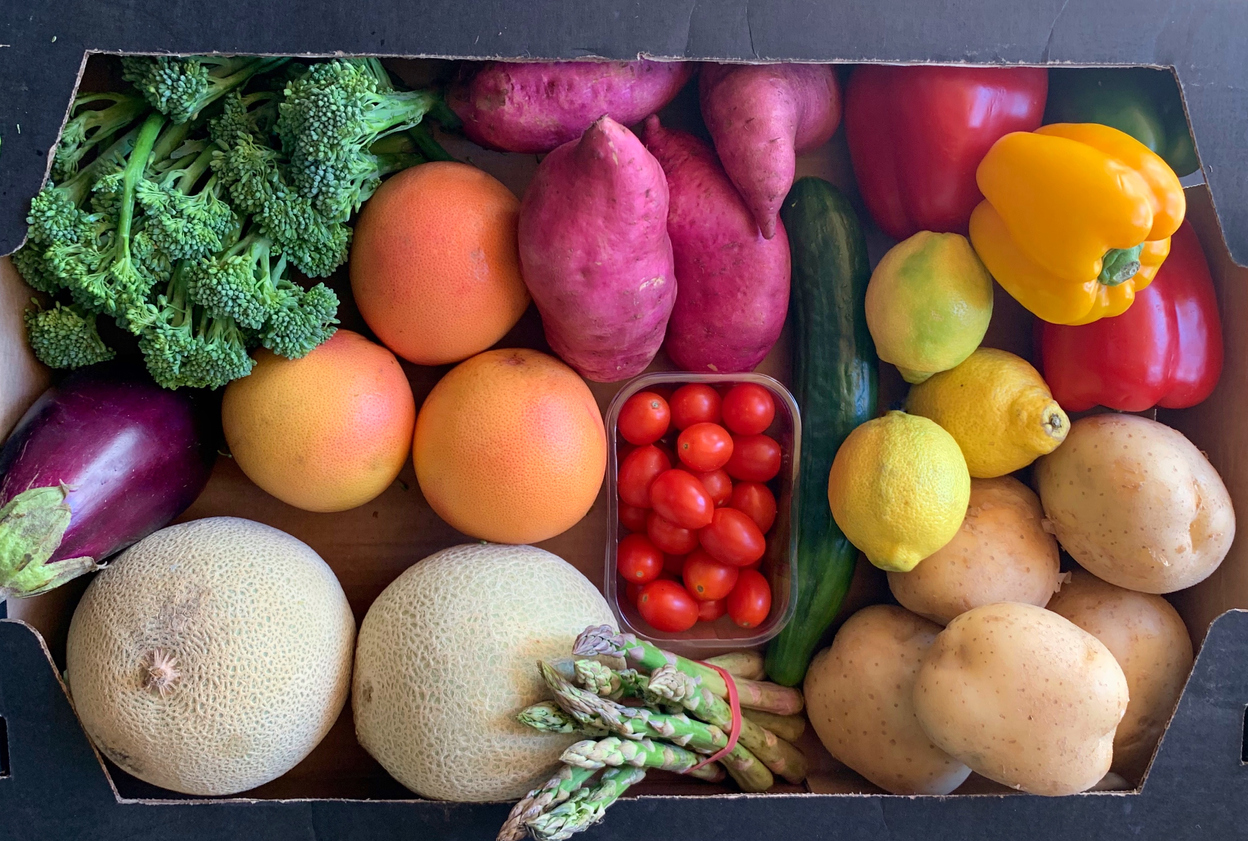
More Fruits and Veggies Could Prevent Millions of Cardiovascular Deaths
Consuming fruits and vegetables every day can keep your heart beating, quite literally, with mounting research connecting low fruit and vegetable intake with an increased incidence of cardiovascular deaths. These study findings can save lives, as heart disease remains the top killer across the globe.
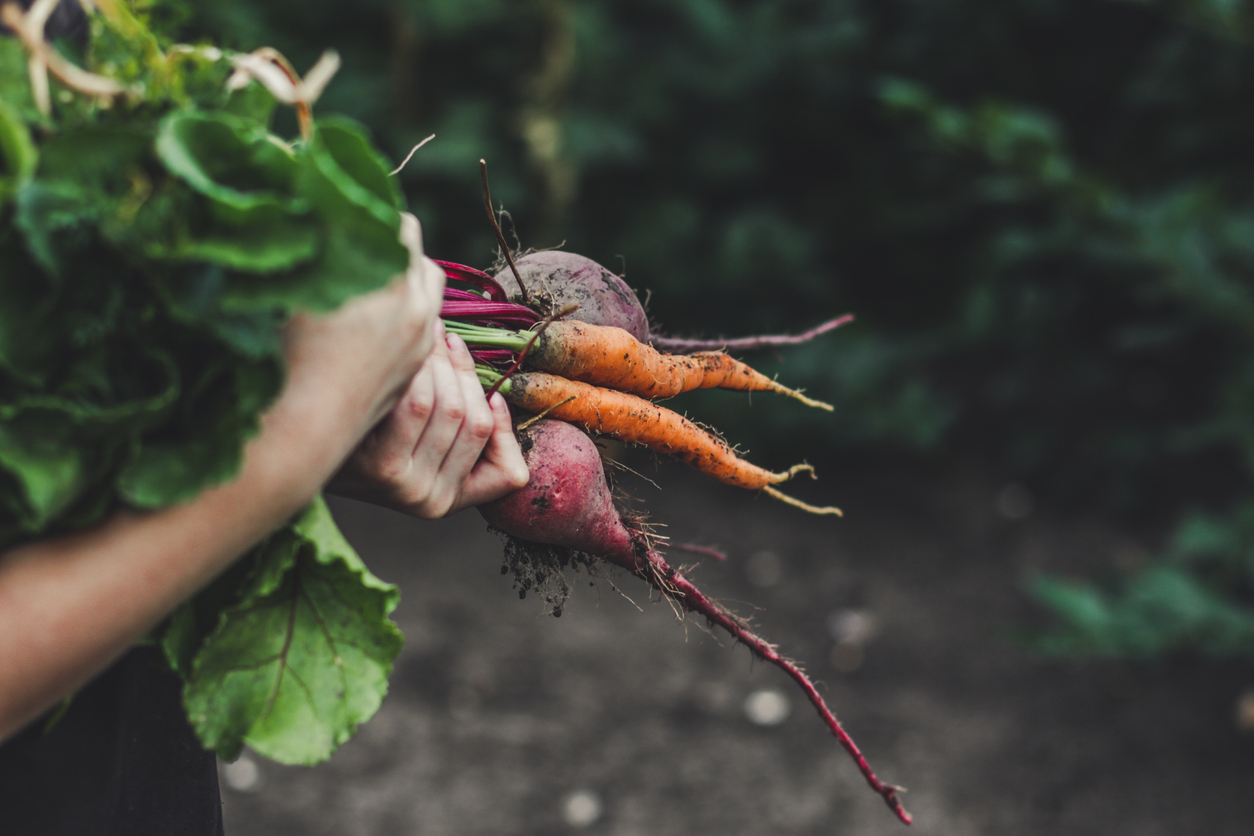
‘Food for Thought’: Reflections on an organic life
Phil Haughton is old friend of mine, best known as the founder of three Bristol food shops flying under the banner of The Better Food Company. I wanted to say a few words about his book, Food for Thought, which ‘celebrat[es] the joy of eating well and living better’.
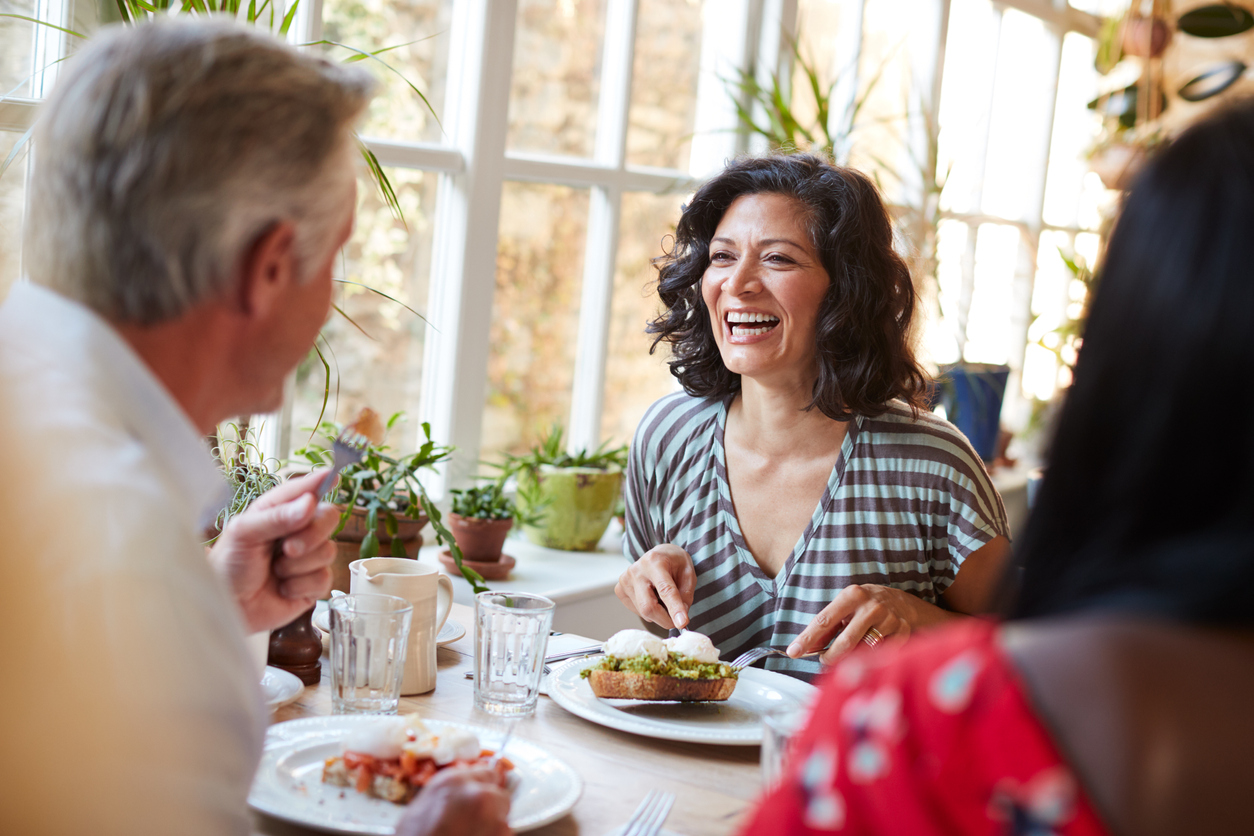
Some postmenopausal women with breast cancer may forgo chemotherapy
Postmenopausal women with hormone receptor (HR)-positive, human epidermal growth factor receptor 2 (HER2)-negative breast cancer that has spread to a limited number of lymph nodes, and whose recurrence risk is relatively low, do not benefit from chemotherapy when it is added to hormone therapy, according to initial results from a clinical trial presented at the 2020 San Antonio Breast Cancer SymposiumExit Disclaimer.

Environmental impacts of the COVID-19 pandemic, as observed from space
COVID-19 has changed the way we live and work, as various health and safety restrictions keep more of us at home more often.
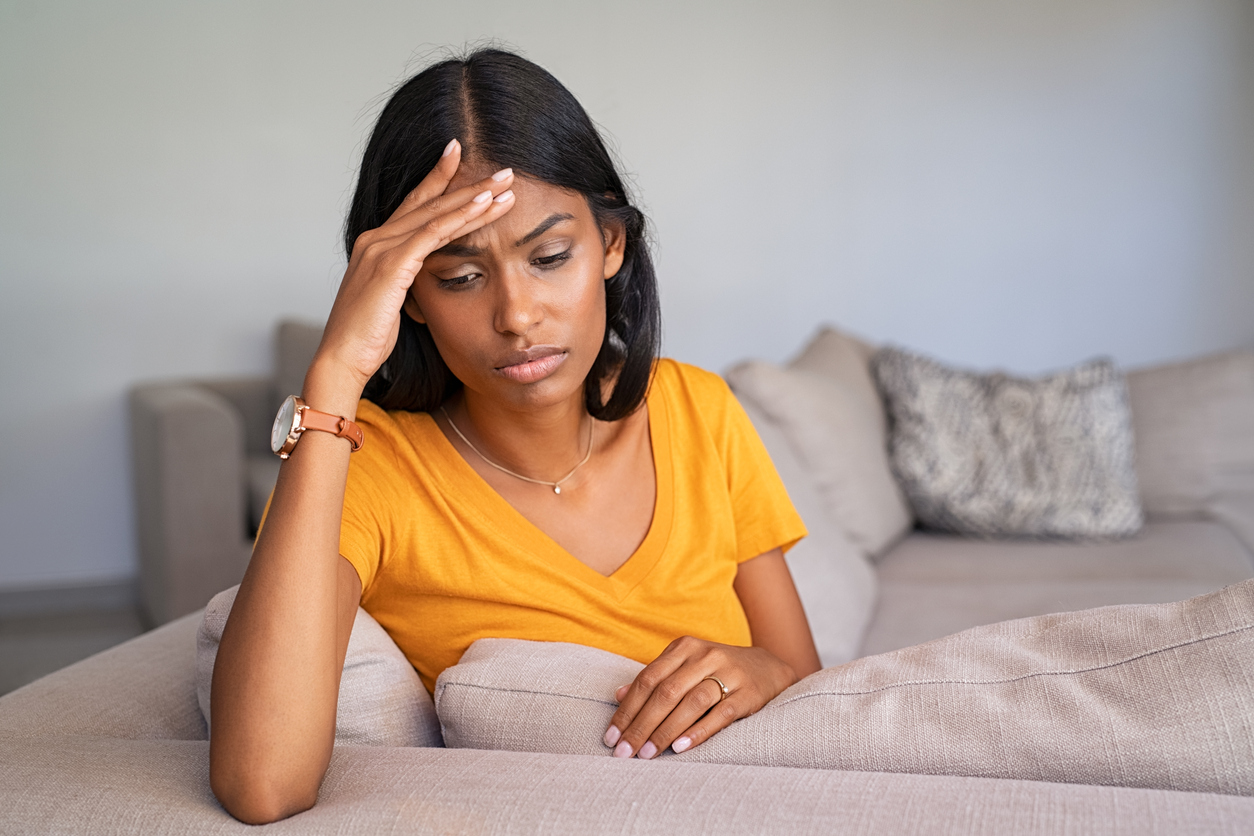
Scientists predict ‘optimal’ stress levels
Scientists have created an evolutionary model to predict how animals should react in stressful situations.

Iceland joins forces with WHO to support an integrated approach to brain health
His Excellency Mr Harald Aspelund, Ambassador of the Permanent Representative of Iceland to the United Nations Office and other International Organizations in Geneva and Ms Jane Ellison, WHO Executive Director for External Relations and Governance signed a new contribution agreement to support work towards integrated brain health, that will be led by a newly established unit within the Department of Mental Health and Substance Use.
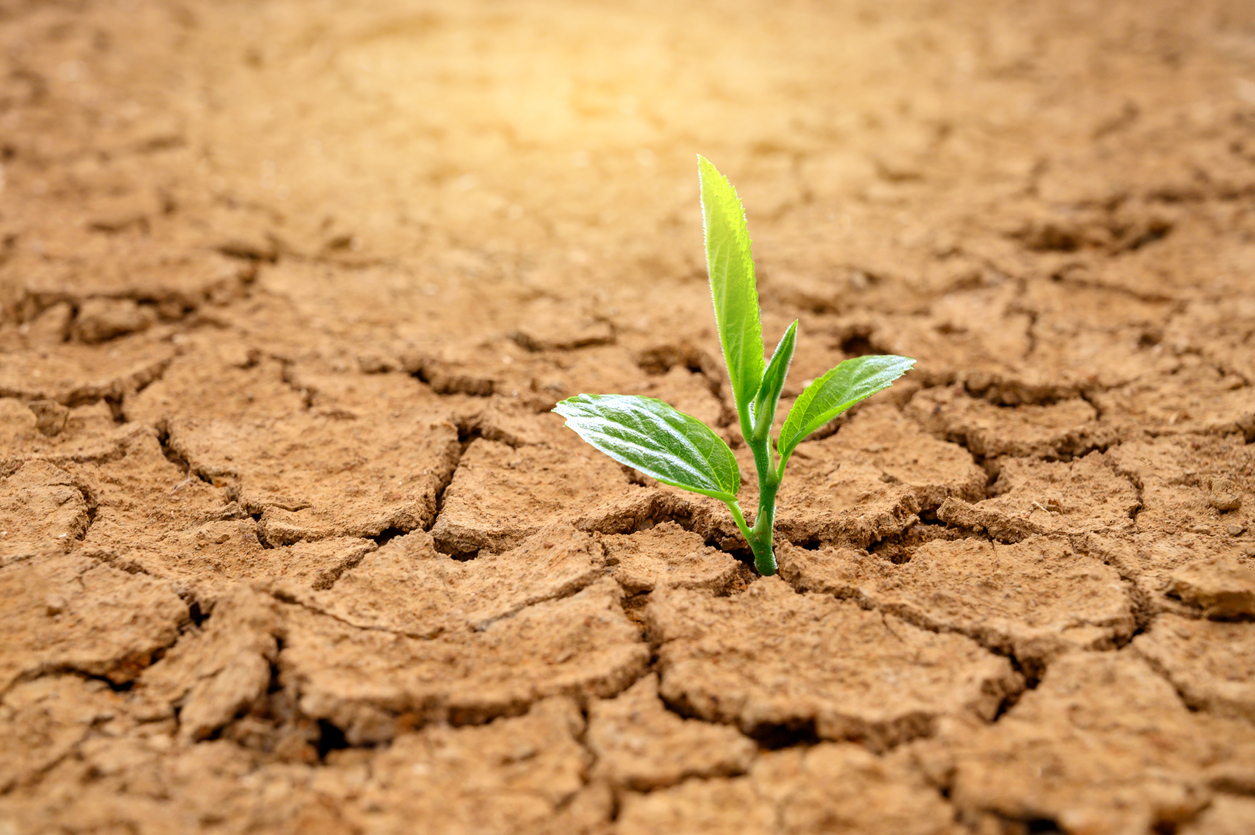
Climate change: Temperature analysis shows UN goals ‘within reach’
A new analysis, seen by the BBC, suggests the goals of the UN Paris climate agreement are getting "within reach."
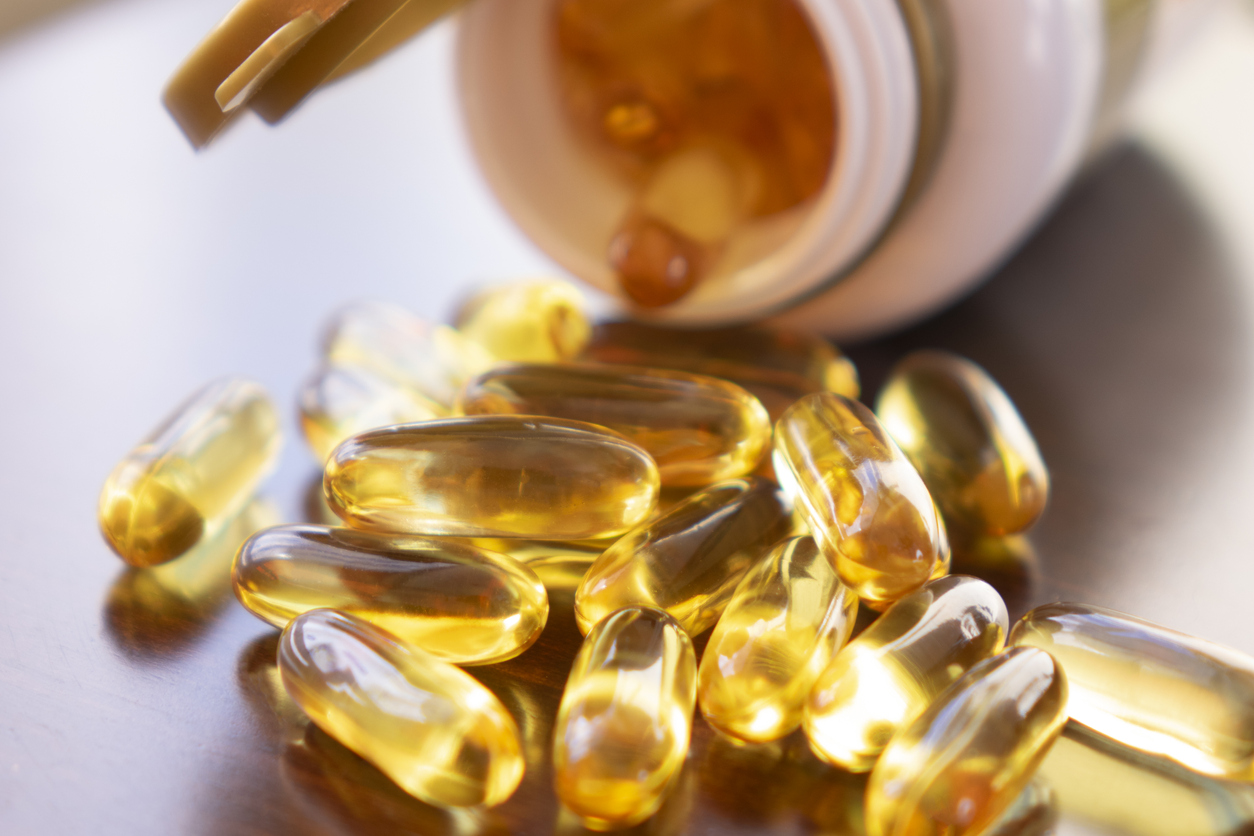
More than 2.5m people in England to get free vitamin D
More than 2.5 million people in England are to be offered a free supply of vitamin D by the government, officials have said. Care homes in England will automatically receive supplies of the supplement for their residents in plans announced on Saturday. People on the clinically extremely vulnerable list will be sent a letter offering them the chance to opt in for a supply to their homes.
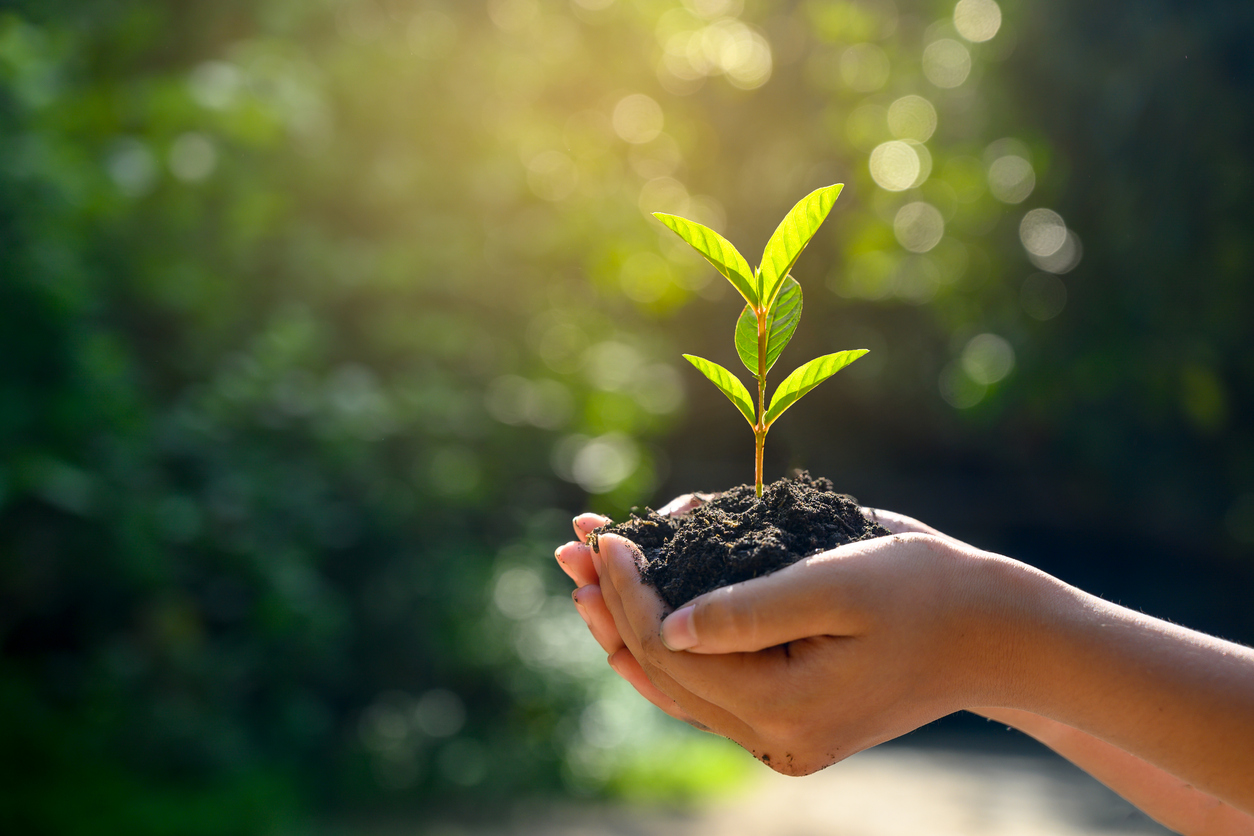
The Goldman environmental prize winners 2020
Drawing on the power of youth activism, Kristal Ambrose (third from left) convinced the government of the Bahamas to ban single-use plastic bags, cutlery and straws, and Styrofoam containers and cups. Announced in April 2018, the nationwide ban went into effect in January 2020.